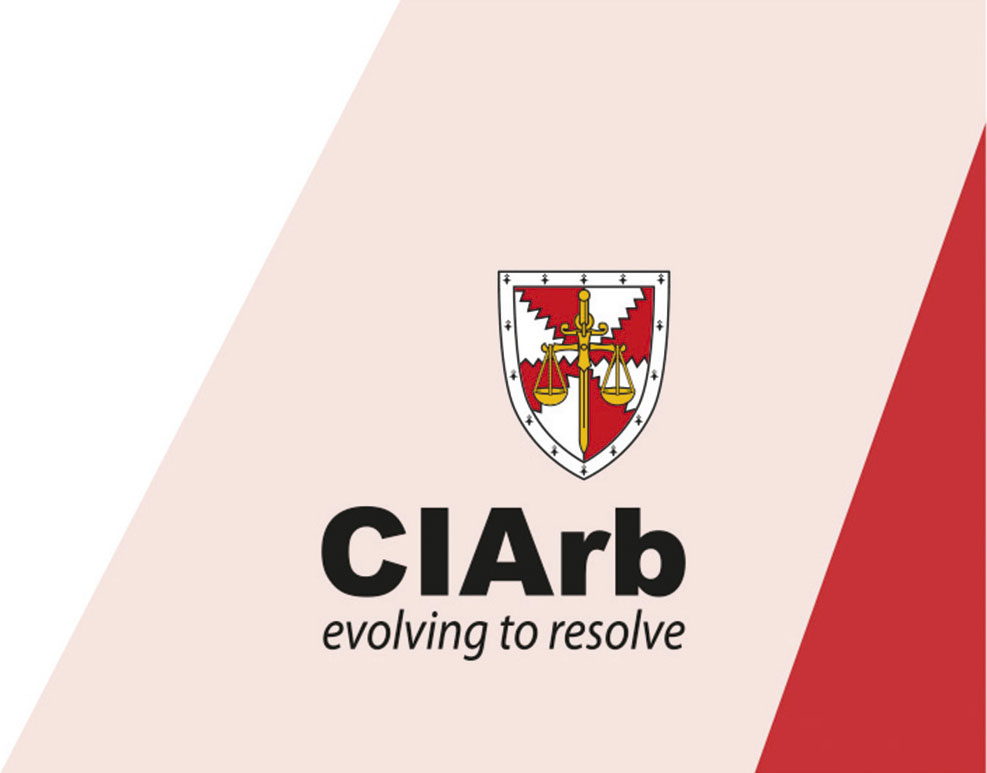
Olivia Staines discusses the main features of CIArb’s new Arbitration Rules
The Chartered Institute of Arbitrators’ (CIArb) new Arbitration Rules, which came into effect on 1 December 2015, are very different from most other institutional rules. Hailed as the bearers of an “administration lite” service, they comprise input from the Institute’s 37 branches as well as 60 members of its international teaching faculty.
Why did CIArb decide to produce a new set of Arbitration Rules?
CIArb’s previous set of Rules were last revised in 2000 and crucially, they only applied to domestic arbitrations under the English Arbitration Act 1996. In order to resonate with the words in our Royal Charter and Bye-laws, which state that we are here to “promote and facilitate worldwide the determination of disputes by arbitration”, we decided to produce a new set of Rules in 2015 which could be applied internationally and cater to the ever-changing arbitration landscape.
Who drafted the new Rules?
A special sub-committee was gathered to produce the first draft of the new Rules. After review and









